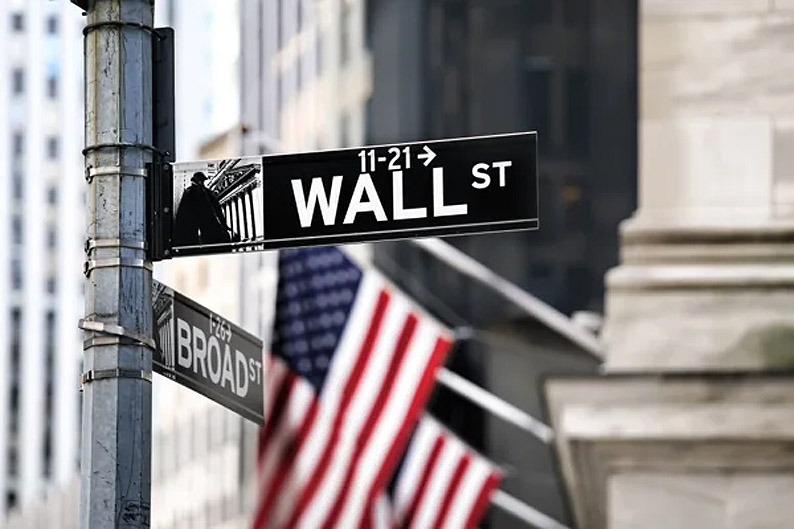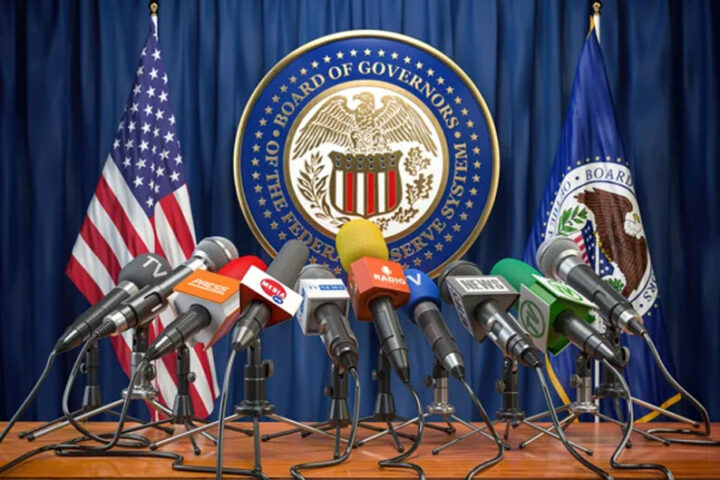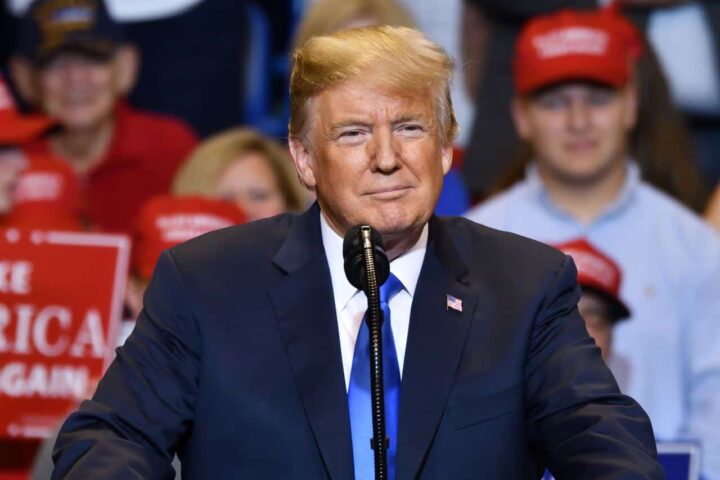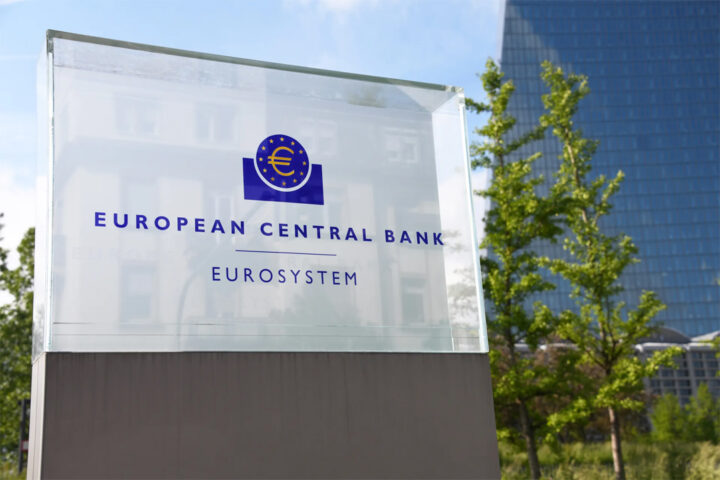Markets are cruising on confidence that isn’t justified, warns the CEO of a leading independent financial advisory and asset management organisation.
Equity indices are hovering near record highs, volatility remains subdued, and credit spreads suggest a picture-perfect environment. But under the surface, major risks are coiling, largely ignored by traders lulled into a false sense of security by short-term rebounds and selective narratives.
“This isn’t resilience, it’s denial. And history doesn’t look kindly on denial,” said Nigel Green of deVere Group.
“Investors are ignoring clear and mounting threats: stubborn inflation, fragile geopolitics, excessive valuations, and a credit market pricing in perfection. While recent economic data in the US and Europe has been mixed, there’s a dangerous assumption that central banks will manage a clean exit from rate-tightening cycles without consequence.”
Green added that there’s a level of willful blindness creeping into the markets.
“We’re seeing the S&P 500 inch toward all-time highs, even as bond markets signal growing uncertainty. Inflation expectations are rising again, yet risk assets are being priced as if the road ahead is smooth. It isn’t.”
Markets recently shrugged off a sovereign credit downgrade — something that used to send shockwaves through assets. Even aggressive trade actions and deteriorating diplomatic relations between the West and China are met with shrugs. This dislocation between headlines and pricing should deeply concern serious investors, he warned.
“Part of the problem is that investors have become addicted to short-termism,” noted the deVere founder and chief executive.
Temporary noise
“The memory of rapid recoveries in 2023 and early 2024 has conditioned many to dismiss downside risks as temporary noise. But macro conditions have fundamentally changed. Supply chains remain fractured, energy markets are jumpy, and real wages are still being eroded in many developed economies.
“Inflation has not been defeated — it’s regrouping.”
Green continued that complacency always sets in before the real trouble hits.
“You see it in the way credit is being extended again with lower margins, in how corporate earnings are being projected with barely a nod to slower consumer spending, and in how geopolitical flashpoints, from the Taiwan Strait to the Middle East, are priced like distant concerns, not immediate threats.”
Then there’s the trade story.
Despite recent agreements to reduce tariffs between the US and key partners like the UK and China, the global trade architecture remains precarious.
New export strategies
Emerging economies are quietly scrambling to realign their export strategies while advanced economies chase self-sufficiency in manufacturing. These are not the foundations of a calm, interconnected global marketplace — they’re signs of an increasingly fragmented one.
Markets are acting as if inflation will gently fade, trade tensions will settle, earnings will beat, and credit markets will remain wide open. That is a best-case scenario on every front. Yet investors are positioned as if it’s guaranteed.
This is a moment to reassess, not relax.
Investors should be looking hard at sectors that are genuinely resilient to policy error and geopolitical tension.
This means being selective, avoiding overhyped growth stories, and diversifying aggressively across regions and asset classes. Hard assets, defensive dividend plays, and strategic alternatives must be part of the conversation again — not as insurance, but as core exposure.
Nigel Green concluded that volatility is underpriced, risk is being ignored, and markets are celebrating before the real contest begins.
“Those who confuse calm with safety are likely in for a harsh reminder.”










